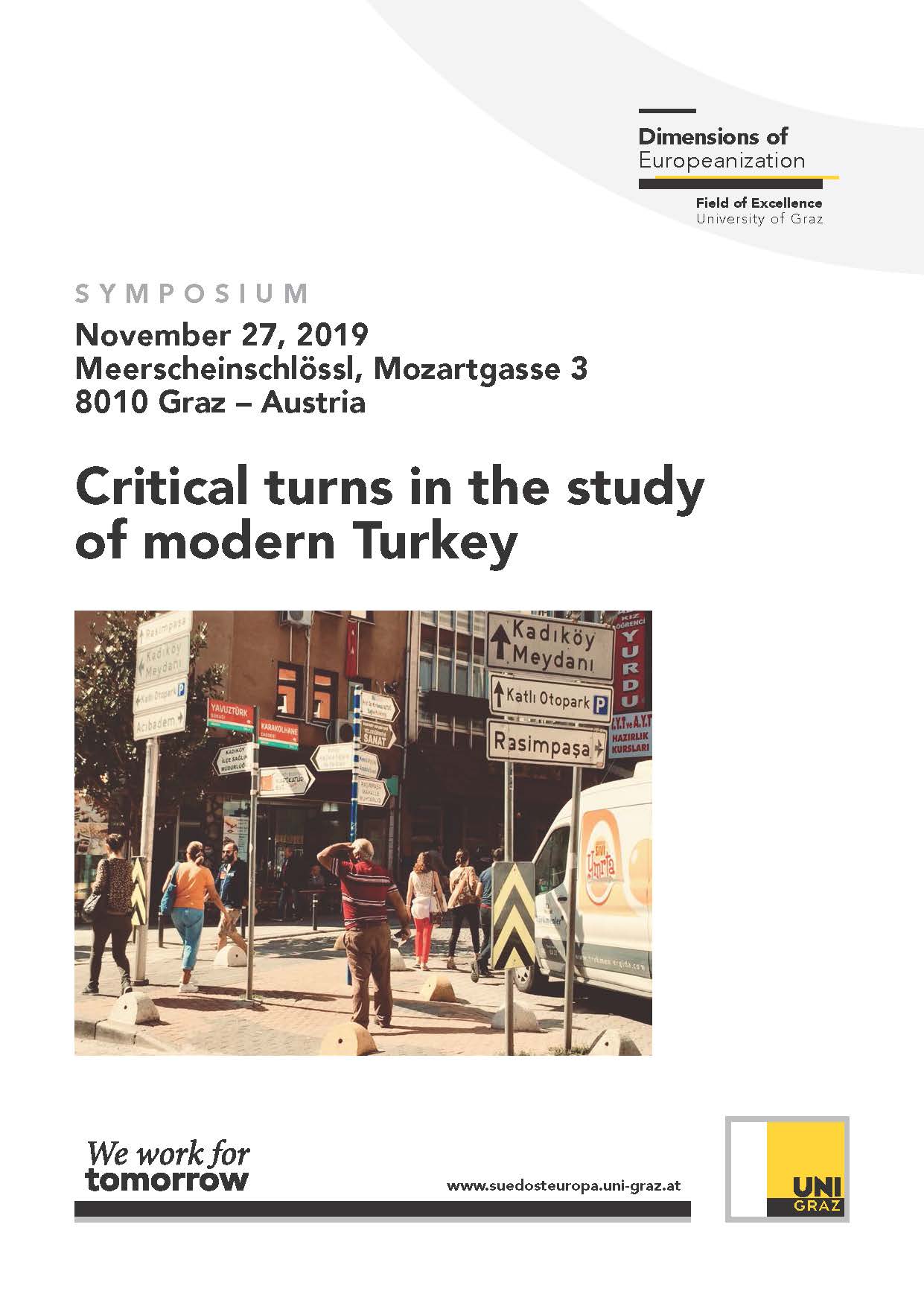Turkey’s recent history abounds with epic critical turns and junctures. Within slightly more than a century, the country has witnessed the arrival of constitutional politics in the context of a pre-modern empire, the demise of that empire together with the institution of the Caliphate, the emergence of a secular and authoritarian nation-state, the introduction of competitive politics, the commitment to a European future, and now, a sharp but uncertain turn towards authoritarianism, Islamist politics and uncertain statehood. These brusque twists and turns seem to imply deep societal, political and demographic ruptures. From another angle, however, Turkey’s eventful recent history can be summarised with the epigram plus ça change, plus c‘est la même chose. Despite incessant upheaval, certain traits of Turkey’s society and politics - from authoritarianism to societal violence, from the omnipotent father state to the attrition of the individual and of civil society - appear to be almost immutable. Yet no less immutable are the resistance and opposition to the state and those in power, and the strategies of subverting, transforming and adapting state projects of domination.
The most recent critical turn in Turkey’s history is the coup attempt of 15 July 2016, promoted as the birth moment of a ‘new Turkey’, though its causes remain opaque and its symbolism markedly contested. It is at this new critical juncture that we will seek to take stock of novel work in the field of Turkish studies, as this is also a point where the second meaning of critique comes in: Deprived of the official ontology of the Kemalist nationstate and secular nationalism, Turkish studies as a field of research is experi-encing a critical turn that unsettles its ontological foundations but may open the way for an inclusively radical reframing of the field. The inclusion of gender-sensitive perspectives and LGBT studies, the growing body of literature on Kurdish studies, the engagement with genocide studies and Armenian history, as well as the increasing move beyond the nation-state and the focus on connections, networks and mobilities is creating a more varied and potentially enriching field of study.
Inspired by these multi-directional trajectories and by the potentiality of Turkish studies as a liberating space of scholarly interaction, we will discuss the current state of the field and its possible futures. The speakers are leading scholars and young academics working on Turkey, who have collaborated with Kerem Öktem and contributed to the development of Turkish Studies at Graz. With four thematic conversations and a reflection panel, the Symposium will pay homage to Kerem Öktem and his colleagues’ work at the Centre for Southeast European Studies between 2014 and 2019.
